Poker Rules
Over the years, players have influenced the evolution of card games, developing quirks and traditions, and poker is no exception. The origins of poker are unclear, but its betting nature distinguishes it.
Various poker variations cater to a wide range of preferences, creating a spectrum of rules and regulations. However, some aspects apply universally, unifying the different poker variations into a cohesive game.
The deck
A typical poker deck contains 52 cards, ranging from Ace to Two across four suits. Sometimes, players add jokers as wild cards or use non-traditional decks like the French piquet in specific variants. The inventive poker game Assumption uses tarot cards. The dealer places the final community card, the river, on the table. This leads to the last betting round.
Playing cards
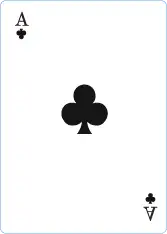
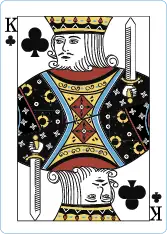
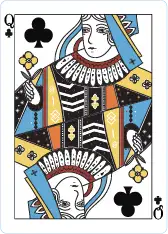
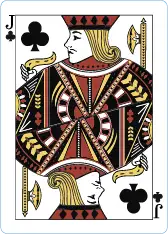
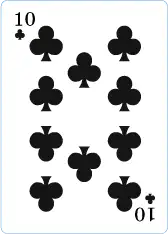
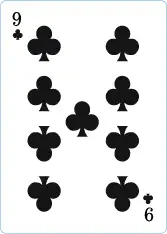
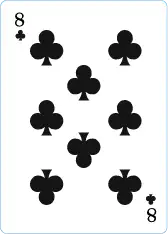
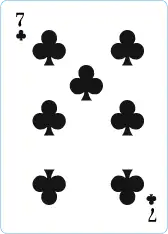
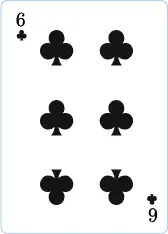
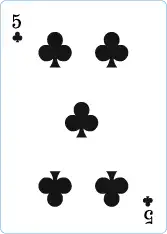
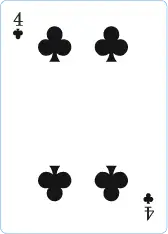
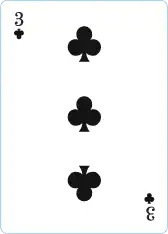
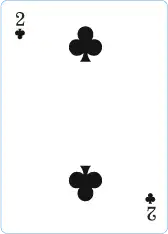
Suits

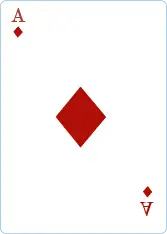
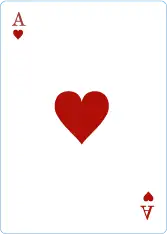
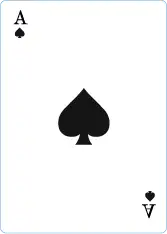
- Clubs (black)
- Diamonds (red)
- Hearts (red)
- Spades (black)
The bets
Betting structures in poker can vary greatly among games, houses, and tournaments. Thus, understanding the structure before playing is crucial. Three primary poker betting structures are pot-limit, no-limit, and fixed-limit. Despite different rules, some general betting rules apply universally:
Opening
The pot opens with the initial bet. In blind games, the big blind opens, and following bets must match or raise it. Game rules vary; some need specific hands, like Jacks or better, while others require a designated bid amount to open.
Calling
Calling happens when a player matches another player’s bet, allowing them to stay in the game. If unwilling to call, they can choose to fold.
Folding
Folding means discarding cards, withdrawing from the hand, and forfeiting any money in the pot. Folded players stop betting. Showing folded hands is optional, while revealing cards during a showdown is mandatory. Players then compare remaining hands to determine the highest value.
Checking
Checking happens when no one has bet on a hand, and you wish to remain in the game. Essentially, it’s like calling a zero bet.
Raising
Raising means increasing the bet; the first bet is opening, and adding to the opener’s bet is raising. The raised amount depends on the game’s betting structure. To prevent slowdowns, many houses enforce minimum raise rules.
Avoid betting out of turn, as it reveals information to opponents. Betting takes place at predetermined times, which differ based on the poker type. Knowing the rules for the specific game is essential.
Players must track the current action. They usually push chips forward when calling or raising and add them to the pot when betting is secure. Avoid throwing chips directly into the pot or “splashing the pot” to prevent concealed bets. Most games do not allow string raising and ambiguous raise declarations.
Common types of poker
In draw poker, players receive cards, choose which to keep or discard, and aim for better hands. Five Card Draw, with simple rules and betting, is the most common form.
A typical hand of draw poker goes as follows:
- The dealer deals each player five cards, usually face-down.
- A round of betting ensues, starting with the player to the dealer’s left.
- Players have the opportunity to discard and replace cards to aim for a better hand.
- Another round of betting takes place, with players calling, raising, or folding.
- If two or more players remain, a showdown occurs, and the winner has the highest-ranking hand.
Stud poker involves players using individually dealt cards without exchanging them. They may receive a mix of face-up and face-down cards. Seven Card Stud is the most popular version, with variations like Razz and hi/low stud also common.
A betting round in stud poker has the following structure:
- The dealer deals individual cards to each player, a mix of face-up and face-down cards.
- The first betting round commences, starting with the player having the lowest face-up card.
- The dealer deals additional face-up cards to the remaining players and follows with a betting round.
- This process repeats until each player has a designated number of face-up and face-down cards.
- A final betting round occurs. If two or more players remain, a showdown determines the winner with the highest-ranking hand.
Community card poker
Community card poker, also known as flop poker, blends individual cards with shared table cards. Texas Hold’em and Omaha are two different versions of community card poker. Texas Texas Hold’em uses two hole cards and five community cards. Omaha Hold’em has four hole cards and five community cards. Both are popular poker versions.
The dealer deals 2 private hole cards to each player, followed by five community cards face-up in Texas Hold’em. Players can use any combination of their hole cards and the community cards to make the best five-card hand possible.
Players follow these rules in Texas Hold’em:
- The dealer deals two hole cards, face-down, to each player.
- The first betting round starts, usually with the player to the left of the big blind.
- The dealer places three community cards, called the flop, face-up on the table.
- A second betting round ensues, beginning with the player to the dealer’s left.
- The dealer reveals a fourth community card, known as the turn, followed by another betting round.
- The dealer puts the fifth community card, the river, on the table. This action initiates the final betting round.
- If two or more players remain, a showdown takes place, and the best hand combining hole and community cards wins.
Players receive four private hole cards and five community cards in Omaha. They must use two hole cards and three community cards to form a hand. Omaha has four hole cards and strict hand requirements, while Texas Hold’em has two hole cards and flexible hand requirements.